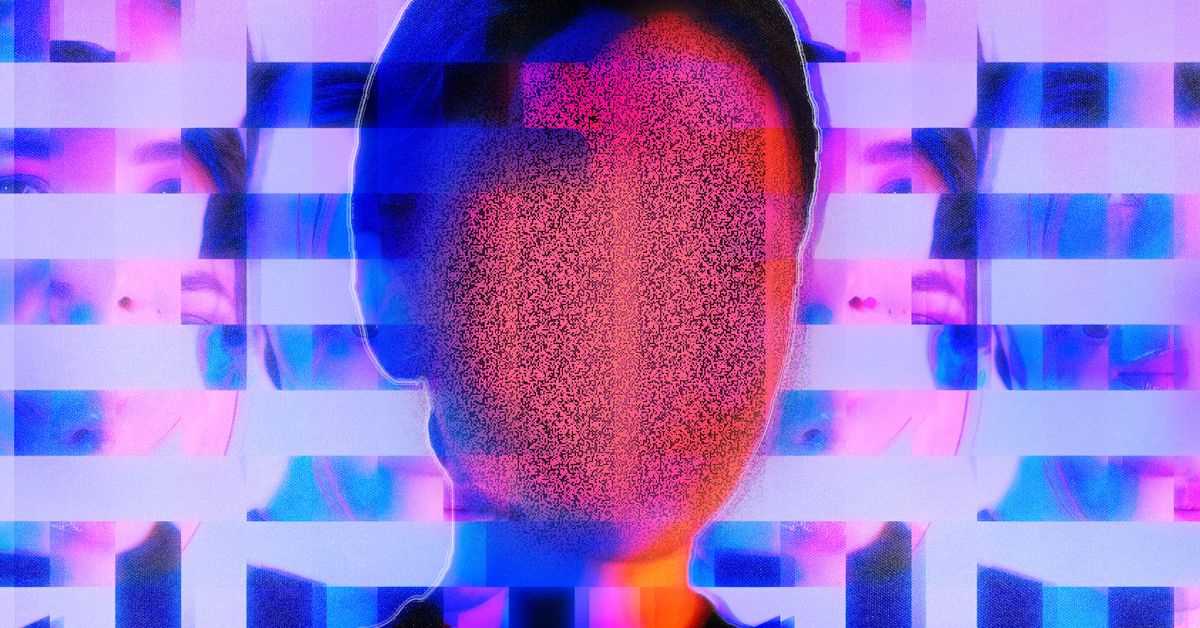
OpenAI is a leader in the race to develop AI as intelligent as a human. Yet, employees continue to show up in the press and on podcasts to voice their grave concerns about safety at the $80 billion nonprofit research lab. The latest comes from The Washington Post, where an anonymous source claimed OpenAI rushed through safety tests and celebrated their product before ensuring its safety.
“They planned the launch after-party prior to knowing if it was safe to launch,” an anonymous employee told The Washington Post. “We basically failed at the process.”
Safety issues loom large at OpenAI — and seem to just keep coming. Current and former employees at OpenAI recently signed an open letter demanding better safety and transparency practices from the startup, not long after its safety team was dissolved following the departure of cofounder Ilya Sutskever. Jan Leike, a key OpenAI researcher, resigned shortly after, claiming in a post that “safety culture and processes have taken a backseat to shiny products” at the company.
Safety is core to OpenAI’s charter, with a clause that claims OpenAI will assist other organizations to advance safety if AGI is reached at a competitor, instead of continuing to compete. It claims to be dedicated to solving the safety problems inherent to such a large, complex system. OpenAI even keeps its proprietary models private, rather than open (causing jabs and lawsuits), for the sake of safety. The warnings make it sound as though safety has been deprioritized despite being so paramount to the culture and structure of the company.
It’s clear that OpenAI is in the hot seat — but public relations efforts alone won’t suffice to safeguard society
“We’re proud of our track record providing the most capable and safest AI systems and believe in our scientific approach to addressing risk,” OpenAI spokesperson Taya Christianson said in a statement to The Verge. “Rigorous debate is critical given the significance of this technology, and we will continue to engage with governments, civil society and other communities around the world in service of our mission.”
The stakes around safety, according to OpenAI and others studying the emergent technology, are immense. “Current frontier AI development poses urgent and growing risks to national security,” a report commissioned by the US State Department in March said. “The rise of advanced AI and AGI [artificial general intelligence] has the potential to destabilize global security in ways reminiscent of the introduction of nuclear weapons.”
The alarm bells at OpenAI also follow the boardroom coup last year that briefly ousted CEO Sam Altman. The board said he was removed due to a failure to be “consistently candid in his communications,” leading to an investigation that did little to reassure the staff.
OpenAI spokesperson Lindsey Held told the Post the GPT-4o launch “didn’t cut corners” on safety, but another unnamed company representative acknowledged that the safety review timeline was compressed to a single week. We “are rethinking our whole way of doing it,” the anonymous representative told the Post. “This [was] just not the best way to do it.”

